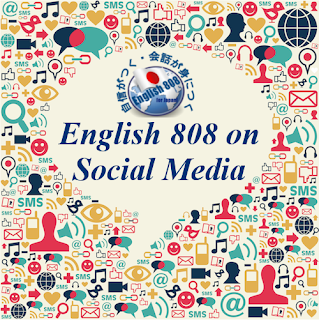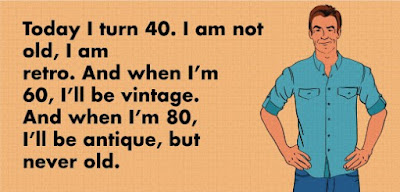You can't miss it!
Please read the following conversation:
対話を読んでください:
A: "Why don't we meet at the new coffee shop on State street? It's
brand new so I don't think many people will be there."
B: "Okay, but
I've never been. Can you tell me how to get there?"
A: "Sure, it's easy. When you get to the train station take the South exit and turn left. There is a
huge sign.
You can't miss it!"
[新しい単語]
-
brand new ~ 真新しい
-
I've never been ~ 行ったことがない
-
huge sign ~ 大きい看板
Can you guess what
you can't miss it means? If you
miss something/someone it can mean you didn't see or notice something/someone.
Carl: "Did you see Bob this morning?"
Spencer: "No he left right before I got to the office. I just
missed him."
And we know that if you
can't do something it isn't possible.
"I
can't stop eating donuts! They are too delicious!"
So.... We can easily imagine something that we can't miss is impossible not to see. A natural definition of
can't miss is
very easy to see.
The huge sign is very easy to see.
You can't miss it!
Practice giving directions and use the phrase
You can't miss it! when you describe something that is easy to see!
 |
"I'm having a big garden party this weekend, bring all your friends! I live at 328 Main St.
I'll tie some colorful balloons to my patio gate so you can't miss it!" |






















